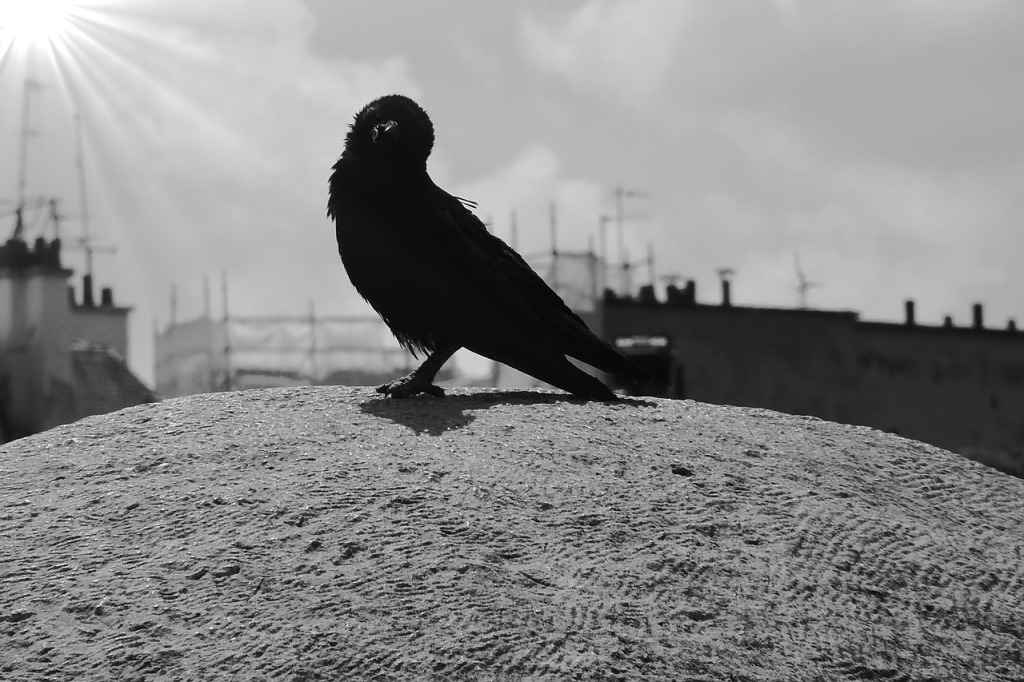Chaplain Erik Cremeans
One sobering conversation has the ability to change your entire course of life. I once found myself sitting in an average middle class, mid-western, rusty mill town, living room. It had all the similarities to the one that I myself have called home. There was a familiarity in that place for me. But this living room had been transformed into a room that was now less about living and more about dying. It had morphed from a place of family closeness and an origin place for so many of this family’s memories into a space of grief.
Days before our encounter, a devastating whirlwind of destruction had swept through the lives of this unsuspecting family. The oxygen tank looked so out of place next to the wall of family photos. The personal supplies left behind from the hospice nurse seemed like they were left in error because adult diapers normally have no business being in the living room. This was their place of refuge after all. The hospital bed stood sorely out of place now and no matter how hard they tried, it just didn’t fit the decor. Instead, the bed took center stage as a kind of beacon that pointed out that illness and suffering were present and a hijacking of peace and security was in play. And somehow a little hidden in this pile of medical equipment and supplies was a giant elephant in the room.
I have since forgotten what the diagnosis was, but a diagnosis of this kind has a unique way of leaving only scorched earth in its wake. Usually by the time, my path crosses with people like this, the picture of what life looks like going forward has started to come into focus. With the coming clarity of a life refocused comes with it an understanding that no matter how hard you try, life will never be the same.
The family had cleared the room to allow me to have time with the one they call their husband and their Father. They wanted to give us the opportunity to talk. As a chaplain, I am called on to help with the spiritual component that accompanies death. Even with the best training and most acute self-awareness, I am honestly never fully prepared for these types of conversations. “How are you feeling, what about the weather and how about those Browns?” Those things only go so far and rarely do those shallow conversations produce anything fruitful or substantial. It is the hard conversations that I am expected to have.
Conversations with patients can sometimes uncover stories of betrayal, bitterness, and unforgiveness as they begin to unravel a lifetime of circumstances and make preparation for their own death. Sometimes, the conversations also point to love, beauty and compassion. When these things are looked at alongside the difficult, the patient hopefully will begin to see a beautiful tapestry of life interwoven and displayed for all their loved ones to see. In whatever impromptu holy space that these conversations happen in, they are necessary and they keep the elephant in the room in check from fully taking over.
There are many things in the human experience that we all share. We carry burdens of failure, pain, shame, unforgiveness, brokenness and the scars of yesterday. No one comes through life unscathed and none of us gets out alive. Aside from a tragic and quick exit from this world, many of us could face a similar end. We too could be faced with a terminal diagnosis and be forced to face our own mortality. In fact, our society doesn’t deal well with death. We try to hide it. Bodies are covered and ushered through the inner corridors of hospitals, away from the public eye. They are removed discreetly with the seeming sleight of hand of the most proficient magician only to reappear in the semi sanitized environment of a funeral home. Places that are far removed from the spaces that we live in each day.
As we wrapped up our time together, the patient, sitting up with the back of his hospital bed raised to the highest upright setting began laughing. Not a deep belly laugh like reacting to a poorly told joke from a nervous chaplain, but a chuckle, like he was in on a joke that no one else was aware of. The words that he left me with were shrouded in absurd laughter and were powerful and true to all of us, “I have never done this before!”
There is no playbook to this death thing.
Note: You can also listen to Erik’s interview here on The Hospice Chaplaincy Show

Leave a comment